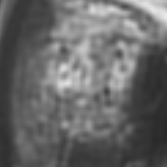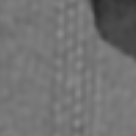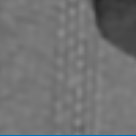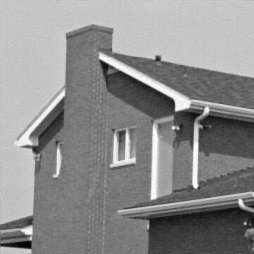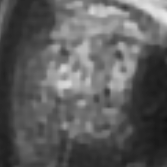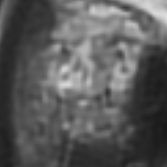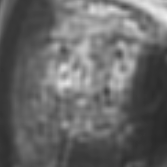Plug-and-play priors (PnP) is a broadly applicable methodology for solving inverse problems by exploiting statistical priors specified as denoisers. Recent work has reported the state-of-the-art performance of PnP algorithms using pre-trained deep neural nets as denoisers in a number of imaging applications. However, current PnP algorithms are impractical in large-scale settings due to their heavy computational and memory requirements. This work addresses this issue by proposing an incremental variant of the widely used PnP-ADMM algorithm, making it scalable to large-scale datasets. We theoretically analyze the convergence of the algorithm under a set of explicit assumptions, extending recent theoretical results in the area. Additionally, we show the effectiveness of our algorithm with nonsmooth data-fidelity terms and deep neural net priors, its fast convergence compared to existing PnP algorithms, and its scalability in terms of speed and memory.
翻译:插图和剧本前置(PnP)是广泛应用的一种方法,通过利用指定为“denoisers”的统计前置数字来解决反向问题。最近的工作报告了一些成像应用中,利用预先训练的深神经网作为“denoisers”的深神经网进行PnP算法的最新性能。然而,目前的PnP算法在大型环境中由于其沉重的计算和记忆要求而不切实际。这项工作通过提出广泛使用的PnP-ADMM算法的递增变法来解决这一问题,使该算法可适用于大型数据集。我们从理论上分析了算法在一套明确假设下的趋同性,扩大了该领域最近的理论结果。此外,我们显示了我们的算法与非光学数据纤维术语和深神经网的功效,它与现有的PnP算法的快速趋同,以及它在速度和记忆方面的可缩缩略性。

